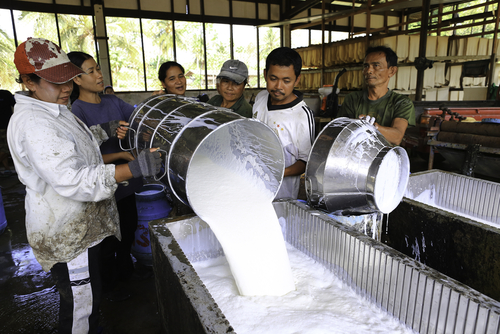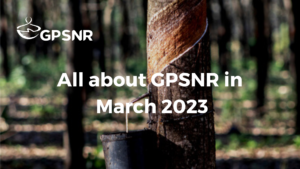
Strategy and Objectives Working Group Update – December 2019
The final version of Desired State V1-0 and Theory of Change will be submitted to the Executive Committee in view of approval at the General Assembly on 31st March 2020. The Strategy & Objectives Working group is also preparing a concept of Equity working sub-group. GPSNR calls for members who wish to support in preparing the concept note for the equity sub-group, to please state your interest to GPSNR secretariat.
Strategy 1 ‘Policy Toolbox’ Working Group drafters proposed the first draft of the policy elements and KPIs to the working members, which have now been mapped out against GPSNR 12 principles and desired state. In order to collect the comments in a written form, members are asked to provide their comments online by January 3rd 2020. After the working group members agree on the final version of policy components, it will be submitted to the Executive Committee for comments and approval.
Strategy 2 ‘Capacity Building’ Working Group has completed a validation of their strategy against the Theory of Change. The Working Group realizes that the situation in each country varies, so the capacity building strategy needs to be customized in its approach. A list of stakeholders conducting capacity building activities in rubber producing countries has been finalised. The next step will be to collect inputs from the identified stakeholders in order to design GPSNR capacity building strategies. In order to have a standardized information, the interviews will be conducted by GPSNR members in January 2020, and the result of the interview will be consolidated by GPSNR secretariat.
Strategy 3 ‘Traceability and Transparency’ Working Group – Some of the tools that the members are using for natural rubber traceability and transparency were presented during the first calls. The next step is to start looking at Theory of Change, what are the underlying cause of lack of transparency and traceability, and how increasing transparency will contribute to the desired state.
GPSNR members can see the discussion and the minutes of each working grouop on GPSNR discussion forum. Please contact nigel@gpsnr.org for your log-in credentials.





